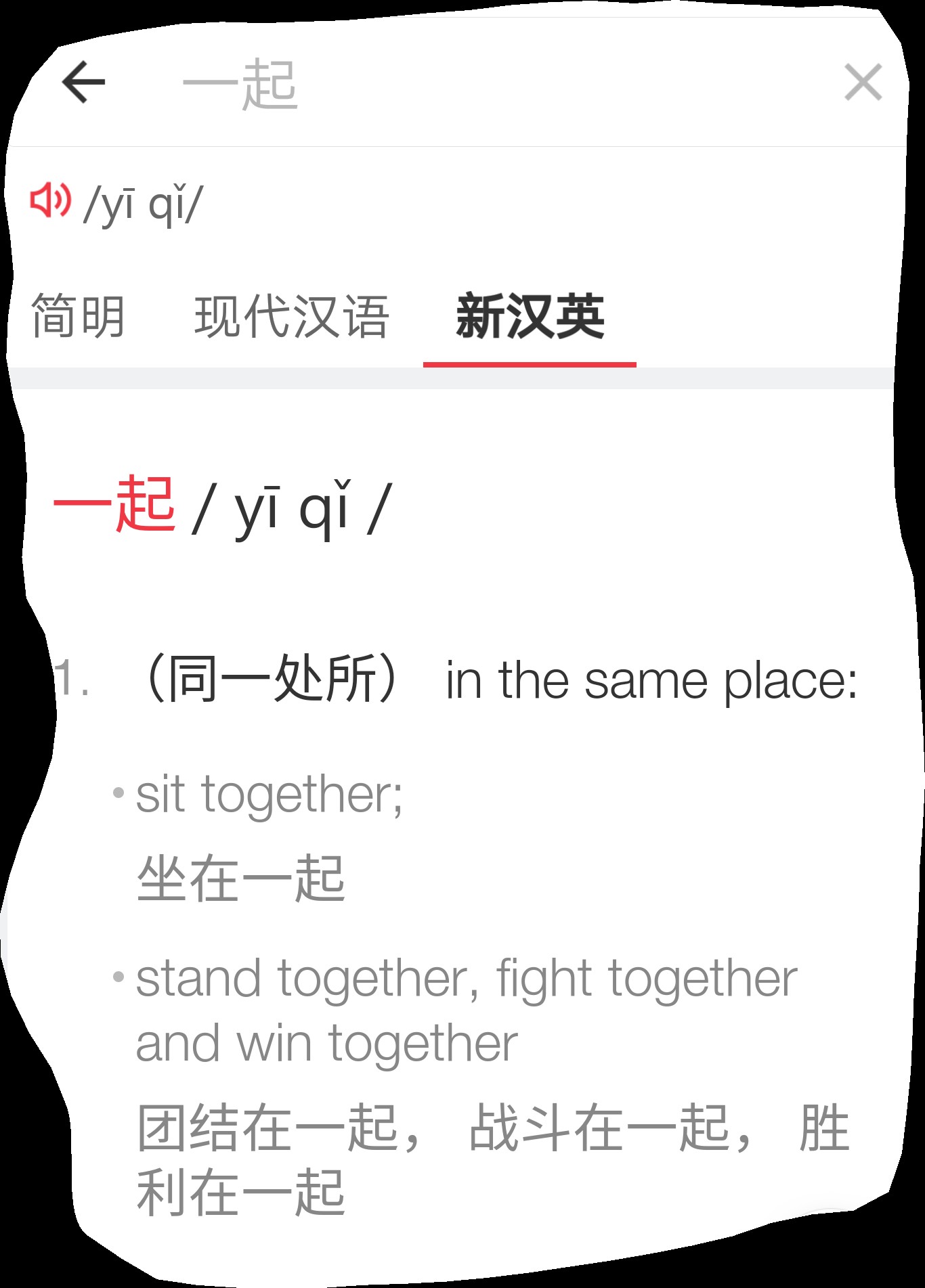In 男女结合在一起, how does the 在 work grammatically?
I'm sure it does not mean "~ing", which should be before the 结婚 (and the meaning gets awkward then).
The sentence should mean:
A man and woman got married together.
However, I don't understand for what purpose the 在 exists here.
If I omit the 在, what difference does it make?

男女结合在一起" usually means they're having sex.